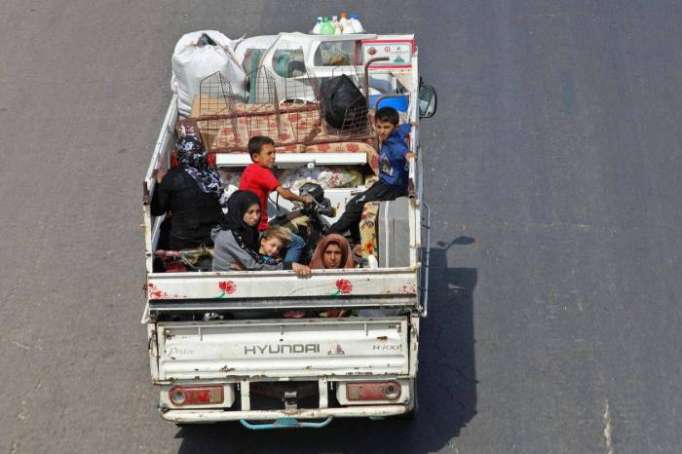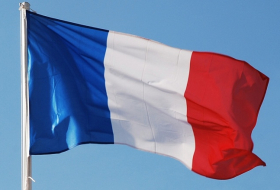John Bolton warned Monday that a new attack by the Western allies would be much stronger than the two airstrikes launched in April 2017 and April 2018 after Syrian President Bashar al-Assad was accused of using chemical weapons that killed scores of civilians in the past 17 months.
“We’ve been in consultation with the British and the French, who joined us in the second strike, and they also agree that another use of chemical weapons will result in a much stronger response,” Mr. Bolton said after giving a speech in Washington.
The coordinated planning comes as the U.S. and its allies are trying to stave off a Syrian offensive in the country’s northwest, where more than 3 million civilians and as many as 70,000 militants are bracing for an attack.
In recent days, Russia has launched more than 70 airstrikes in the area, while the Syrian regime has dropped dozens of barrel bombs, according to monitoring groups.
The contacts between the Western allies reflect the heightened pace of international discussions as Syria and its backers, Russia and Iran, plan to take control of Idlib province. The United Nations envoy for Syria, Staffan de Mistura, held talks Monday with representatives of Iran, Russia and Turkey. He planned to meet with members of a U.S.-led international coalition on Tuesday.
The U.S. is set to chair a U.N. Security Council meeting on Idlib on Tuesday morning, while Russia is to brief diplomats on a summit held in Tehran last week. In Geneva, U.N. officials said they pushed Monday to establish a constitutional committee that would pave the way for a transitional government, although the political track would likely be overshadowed by the looming military offensive in Idlib.
Videos shared on pro-Syrian government social media showed convoys of armored vehicles and trucks heading toward the front lines as Mr. Assad tries to deliver a fatal blow to opposition fighters who have tried for seven years to force him from power.
The U.N., U.S. and humanitarian groups have warned that any offensive could trigger a major humanitarian crisis. Syria, Russia and Iran have repeatedly rebuffed pleas for them to call off the expected offensive.
Thousands of Syrian civilians have fled and more are trying to escape the looming expected battle, according to aid groups. Turkey, which has military forces operating in the Syrian province along its border, also has opposed the offensive. Turkey said that it wouldn’t allow people trying to flee the fighting to enter across its borders.
U.S. officials say Mr. Assad has given his military a green light to use chlorine gas if needed in the offensive, citing intelligence that has fueled the Trump administration’s public warnings.
In a recent private meeting, Mr. Trump threatened to order a massive military strike if Mr. Assad carried out a massacre in Idlib province, according to people familiar with the conversation.
France and the U.K. joined the U.S. in April 2018 in launching more than 100 missiles at three suspected chemical-weapons sites in Syria after the Assad regime was accused of using sarin nerve gas in an attack near Damascus that killed scores of civilians, including women and children. Syria has repeatedly denied that it has used chemical weapons.
France has issued its own warnings to Syria and vowed to strike if Mr. Assad uses chemical weapons.
“France will continue to enforce its red line against the use of chemical weapons and will stand ready to take action in the event of proven and lethal use of these weapons,” said a representative of the French Ministry of Foreign Affairs.
Alistair Burt, the U.K. minister for the Middle East, told Parliament on Monday that the country was ready to act.
“Along with the United States and France, we have been clear that we will respond swiftly and appropriately if the Assad regime repeats its appalling use of chemical weapons,” he said.
Mr. Bolton dismissed accusations made by Russia that the U.S. and its allies are working with Syrians to stage a chemical weapons attack as a pretext for Western military strikes.
“That has to be, in the history of propaganda in the 20th and 21st centuries, one of the most outrageous claims that I can think of,” Mr. Bolton said. The Russian Embassy in Washington didn’t immediately respond to a request for comment.
U.S. officials estimate that 10,000 to 15,000 of the Syrian rebels in Idlib province are aligned with al Qaeda, and the Pentagon has urged Russia and Syria to carry out a targeted campaign against those forces. The two countries have rebuffed the appeal.
















































